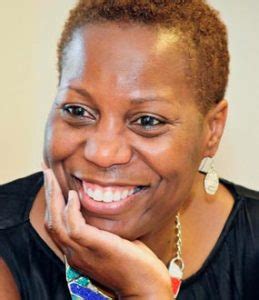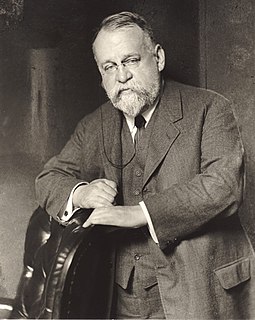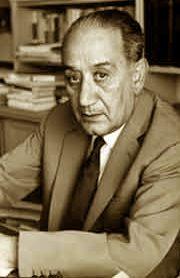A Quote by Albert Hofmann
This possibility to change reality, which exists in everyone, represents the real freedom of every human individual. He has an enormous possibility to change his world view.
Related Quotes
I believe it is quite possible for us to obtain an outer peace at the present time. Historically speaking, when human beings are faced with the choice between destruction and change, they are apt to choose change, and it's about the only thing that will make them choose change. So we have the possibility at the present time to take a different direction in the world - the possibility exists!
Our lives are about development, mutation and the possibility of change; that is almost a definition of what life is: change... If you disable change, if you effectively stop time, if you prevent the possibility of the alteration of an individual's circumstances — and that must include at least the possibility that they alter for the worse — then you don't have life after death; you just have death.
The classroom, with all its limitations, remains a location of possibility. In that field of possibility we have the opportunity to labor for freedom, to demand of ourselves and our comrades, an openness of mind and heart that allows us to face reality even as we collectively imagine ways to move beyond boundaries, to transgress. This is education as the practice of freedom.
So thoroughly and sincerely are we compelled to live, reverencing our life, and denying the possibility of change. This is the only way, we say; but there are as many ways as there can be drawn radii from one centre. All change is a miracle to contemplate; but it is a miracle which is taking place every instant.
The individual is defined only by his relationship to the world and to other individuals; he exists only by transcending himself, and his freedom can be achieved only through the freedom of others. He justifies his existence by a movement which, like freedom, springs from his heart but which leads outside of himself.
God created the possibility of evil; people actualized that potentiality. The source of evil is not God's power but mankind's freedom. Even an all-powerful God could not have created a world in which people had genuine freedom and yet there was no potentiality for sin, because our freedom includes the possibility of sin within its own meaning.
Books may not change our suffering, books may not protect us from evil, books may not tell us what is good or what is beautiful, and they will certainly not shield us from the common fate of the grave. But books grant us myriad possibilities: the possibility of change, the possibility of illumination.
Humility consists of knowing that in this world the whole soul, not only what we term the ego in its totality, but also the supernatural part of the soul, which is God present in it, is subject to time and to the vicissitudes of change. There must be absolutely acceptance of the possibility that everything material in us should be destroyed. But we must simultaneously accept and repudiate the possibility that the supernatural part of the soul should disappear.





































